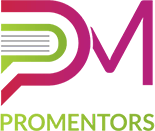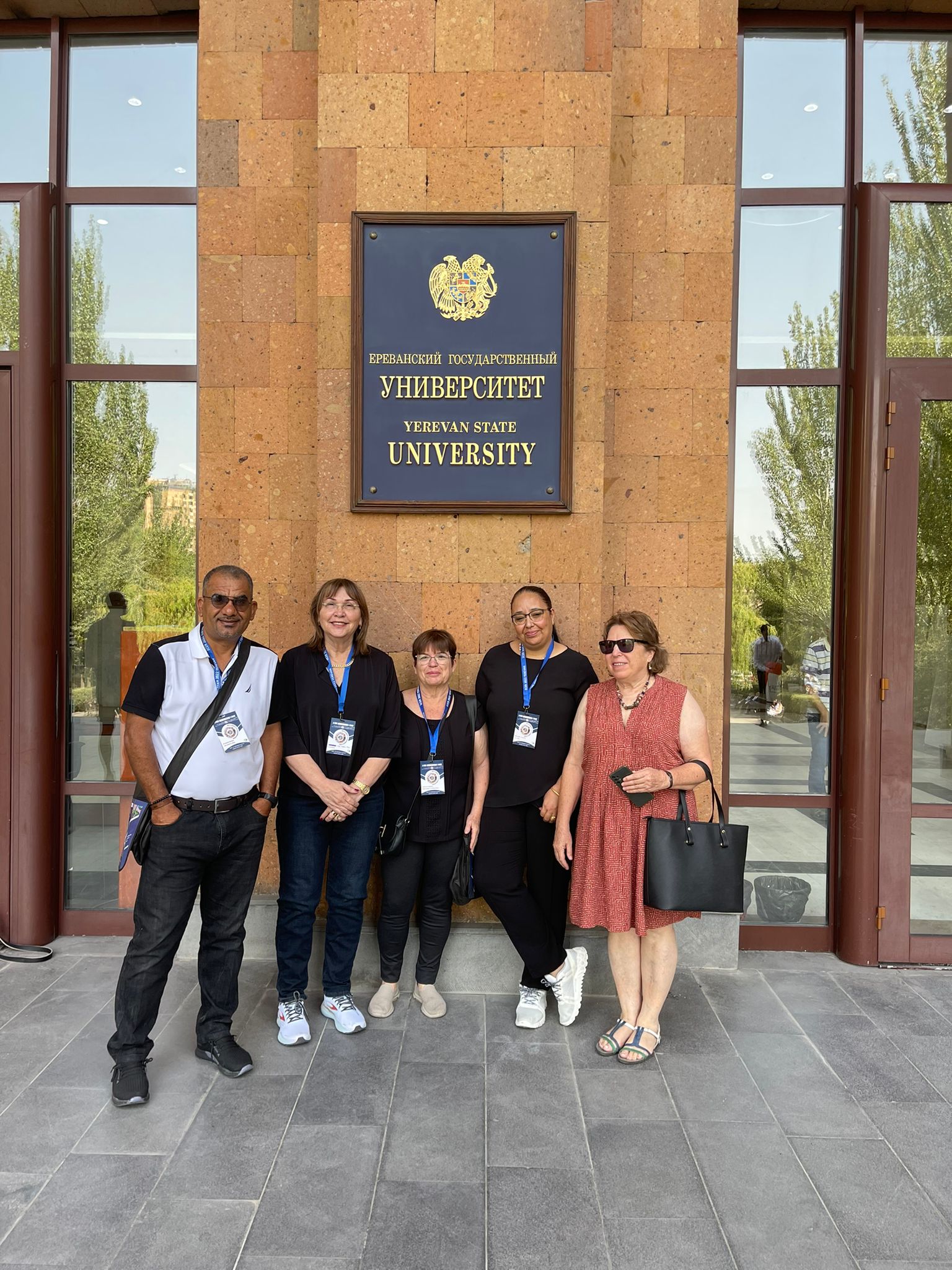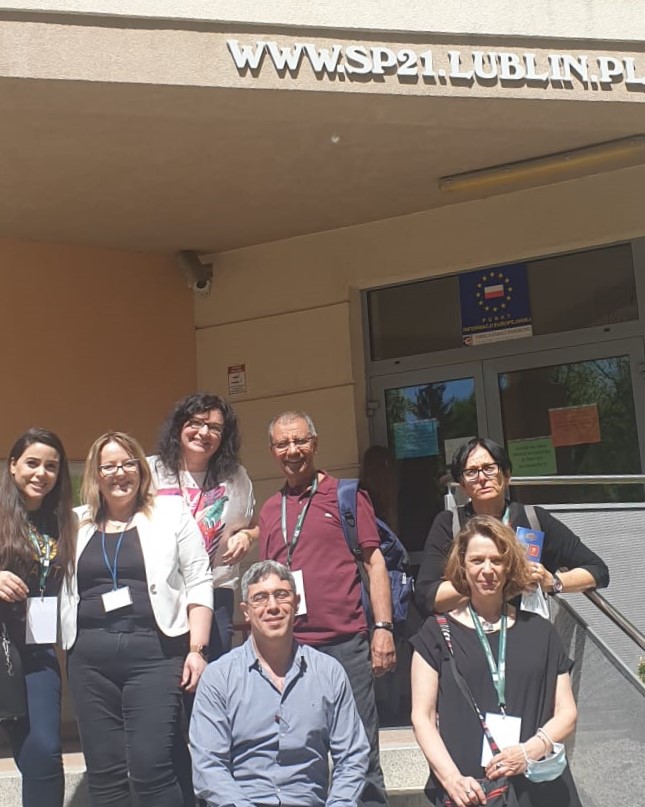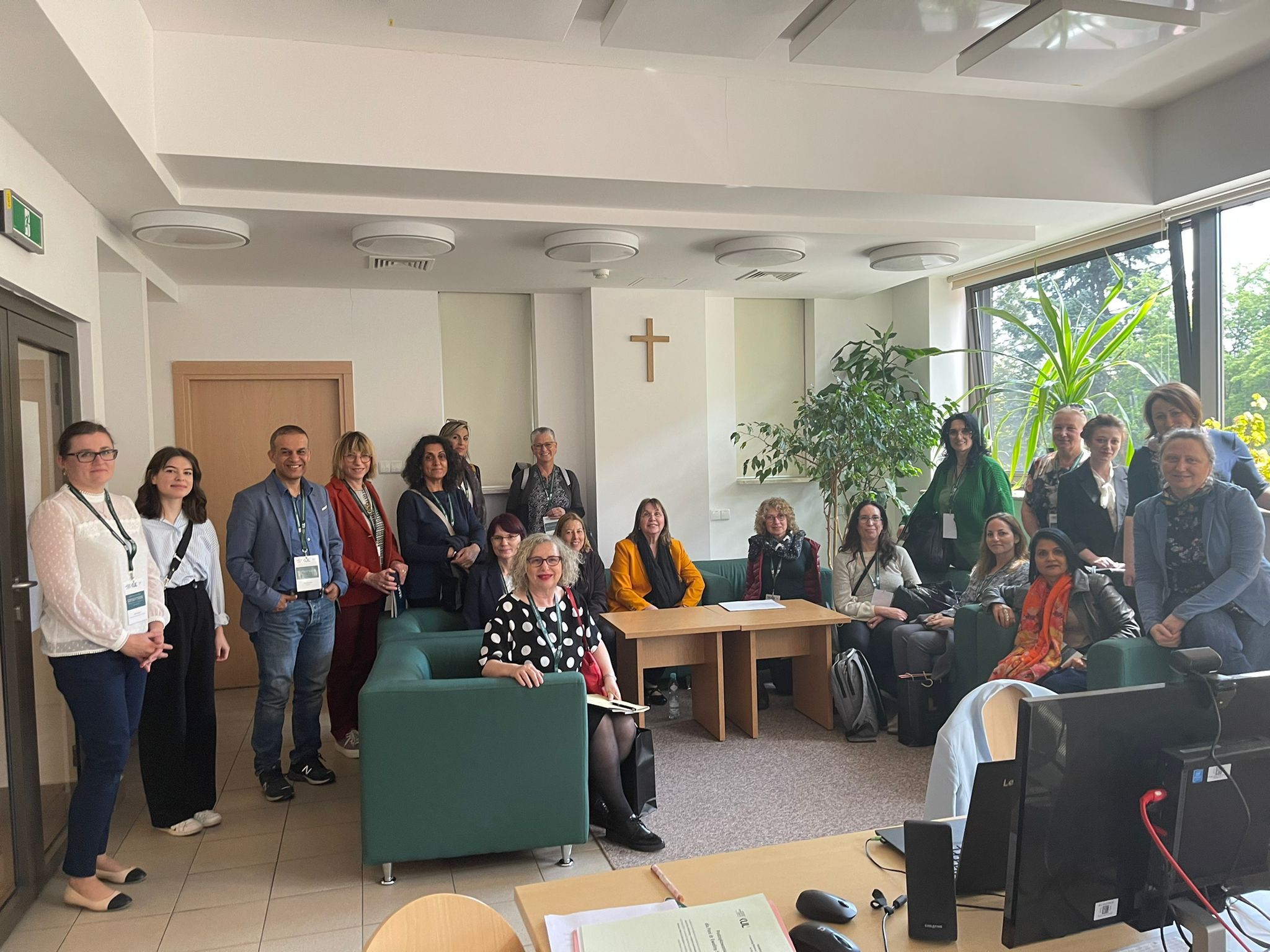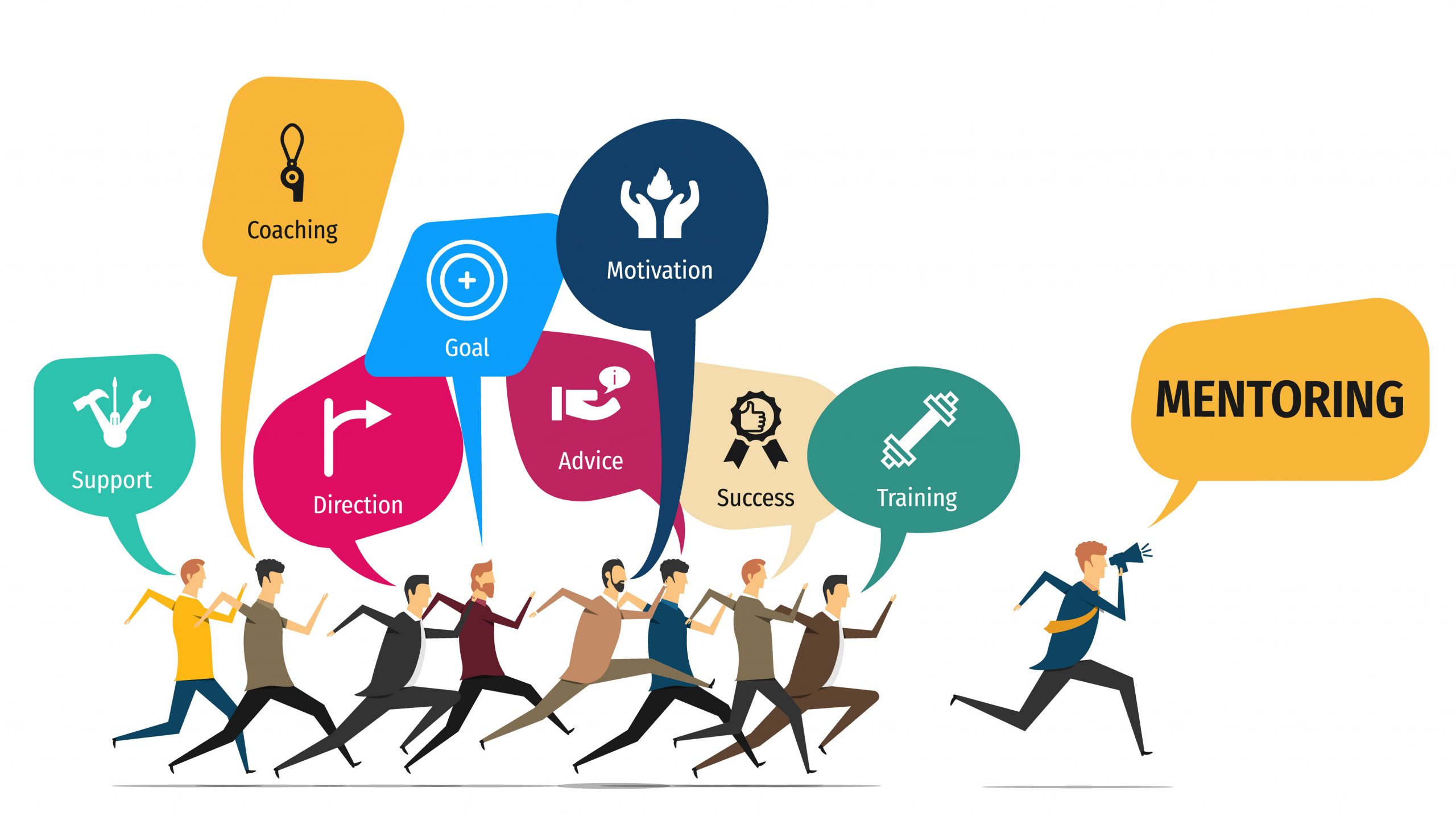Written by: Ayelet Yariv, Beit Berl Academic College
On May 2022, I participated in the international seminar of the Promentors project in KUL, Lublin, Poland as a member of the evaluation team of Beit-Berl College. For me, it was a first experience at an international conference taking place abroad. It was an opportunity to expand my previous acquaintance with peers from Israeli colleges and from Europe. As a PhD student, this kind of exposure to other researchers and educational activities is important and can contribute to my future career in higher education. So, this is a way to reflect about my experience.
The reception at KUL was warm and welcoming. For me, as a not religious person, it was interesting to see a presence of the Christian/ Catholic symbols as part of an academic institute. I felt that this combination is unique. As part of the seminar, I participated in an educational visit to a Catholic kindergarten with my colleagues, Dr. Ina Ben-Uri and Dr. Rimona Cohen. The principal and teachers of the kindergarten opened their classes and hearts for us. For me, it was an opportunity to meet colleagues that shared their educational and religious ideology, combined with their views on mentoring processes, the connection to the community, and their personal life. I felt that it made us close, despite the differences between us, and it was very educational and touching.
The visit made me think of educational systems that are based on an ideology. I grew up on a kibbutz, a place that represents socialism and emphasizes the connection of humanity and nature. This ideology was reflected in the educational system of the kibbutz. It strongly affected the community, and it reminded me of the kindergarten in Lublin and its community. That is what characterizes these two systems – A distinct ideology and a strong connection to the community. This combination maintains traditions, but also makes the bonds between the individual and the community stronger. It made me reflect on the way mentoring can be combined in systems like that. Is there a significance in mentors and mentees sharing the same ideology? What happens if they don’t? How does it affect the mentoring process for both?
Since the seminar took place in Lublin, I had an opportunity to visit Maidanek, a concentration and extermination camp that was built and operated during World War II. The narrative of the Holocaust is a major part of my family’s legacy, but I have never visited any concentration camps before. In the ceremony at Majdanek, I could share with my colleagues that my grandmother used to tell me her story of survival, and when she couldn’t, my mother did. Now my mother can’t, so I feel it is my duty to pass the story of our family to the next generations. To be in Majdanek made me feel sad and proud at the same time. As I walked on the same trail as the new arrivals, my family members among them, walked more than 80 years ago, I hoped they could see me. A proud Israeli mother, educator and a link in my large family’s continuous chain. This feeling of belonging is still in my heart.
